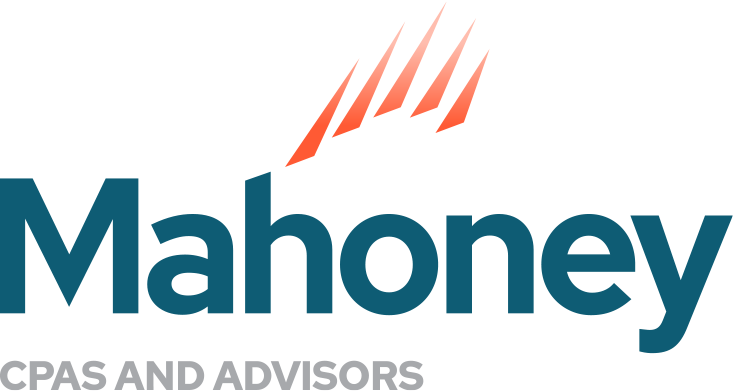
3 Tips for Success Reconciling Bank Statements in QuickBooks Online
The adage “Cash is King” still holds true for most businesses, and if your cash account is off, chances are your entire general ledger is inaccurate. For this reason, reconciling your bank accounts is very important. The goal of reconciling is to settle, or resolve, all differences between your bank register and your bank statement. You should always examine transactions in your register that do not appear on the bank statement, and resolve any uncleared bank transactions, prior to completing the bank reconciliation.
Using QuickBooks Online (QBO) accounting system makes the reconciliation process so quick and easy, yet there are some challenges. Often, especially if using bank feeds, you might not get the exact results needed. It is not good practice to simply allow the bank feeds to categorize and accept transactions for you as the results are often inaccurate. QBO’s algorithms used for the bank feed are far from perfect and are best used as a starting point, not taken as fact. Always click to expand each line to see actual bank detail; don’t trust QBO’s guesses at how to categorize. Also know that duplicates happen often with transfers if not processed correctly. Always use caution and verify the correct bank deposits and withdrawals are selected prior to pressing the Finish Now button.
Timing plays an important role with a bank reconciliation. If you issue checks or add deposits near or on the last day of the month, it’s likely those will not appear on your bank statement. Review your bank account online for those missing checks or deposits to verify they were received and cleared after the bank statement was issued.
Track Uncleared Items for Accuracy
There are two types of uncleared items: deposits and checks/debits. An uncleared deposit (referred to as undeposited funds in QuickBooks) happens when you create a deposit ticket in one period but don’t take it to the bank until the next period.
A common error with bank feeds is found in customer invoices and deposits from customers duplicating sales. Take extra time with sales deposits to make sure the correct customer and correct invoice receives the payment. Be careful to ensure the deposit received through bank feeds doesn’t deposit into sales income, leaving the customer invoice unpaid. If you are a cash method taxpayer, you might be unaffected by duplicates at tax time. However, if you are an accrual method taxpayer, your invoices and any duplicate sales deposits will exaggerate your income.
Another way the QuickBooks Online bank feed can be problematic is that it may record an additional deposit or duplicate a credit card payment received to the one you’ve already processed in Receive Payment. It’s always best to review any deposits processed through bank feeds saved to the Uncategorized Asset or Uncategorized Income accounts. You have the option to Exclude these duplicate transactions in bank feeds.
Research to Recover Costs of Returned/Rejected Customer Payments
If your customer’s payment/check is rejected by your bank for insufficient funds, make sure to find out what NSF fee will be withheld from your account so you can add that fee to your customer invoice for reimbursement as well. Then contact that client for replacement check (or money order or cash).
Investigate Missing Items
The other type of uncleared transaction is a check/debit. If you notice checks issued that haven’t cleared the bank within two to three weeks, you must investigate. Monitor your account online and then call your vendor and see if they received your payment or if you need to reissue.
It is best practice to examine all uncleared bank transactions while still fresh in your mind. Those uncleared transactions can become problematic if too much time goes by. For instance, if your bank reconciliation includes 10 uncleared check/payments that all turn out to be errors and should be deleted – if you wait until after the taxes are filed you took 10 deductions you shouldn’t have taken and could be challenged in an audit.
Use Caution With Bank Reconciliations
It is important not to rely on the QuickBooks Online bank reconciliation process for accuracy without careful oversight. Uncleared deposits/undeposited funds could be duplicate paid customer sales invoices, creating inaccurate income. Uncleared checks could be payments not received or could be duplicates, which creates inaccurate expenses.
For additional considerations please reach out to Business Solutions Team Associate Manager Amy Siegel, RAP or contact the Accounting Services Team and their Certified QuickBooks ProAdvisors at Mahoney to be of help to you in any way.
ADDRESS
10 River Park Plaza, Suite 800
Saint Paul, MN 55107
(651) 227.6695
Fax: (651) 227.9796
info@mahoneycpa.com
© 2024 Mahoney | Privacy Policy
Mahoney Ulbrich Christiansen & Russ, PA



